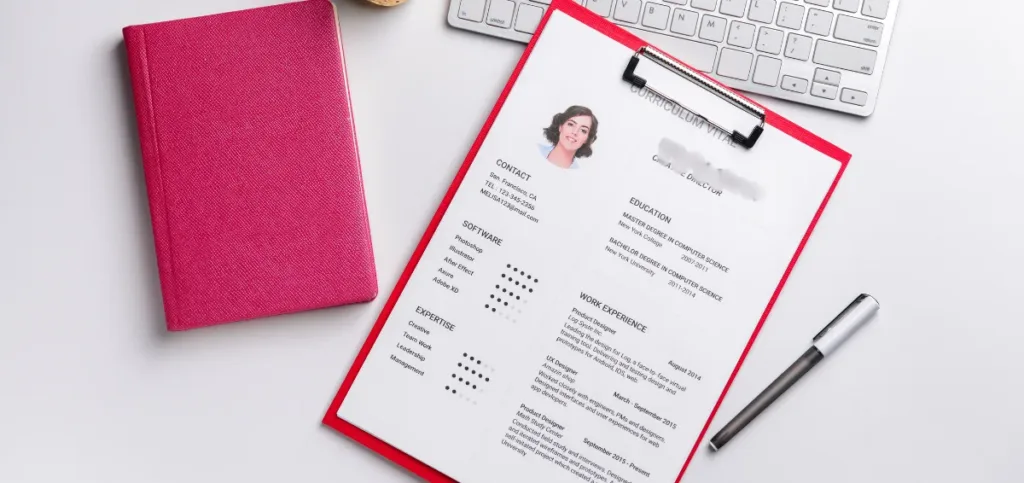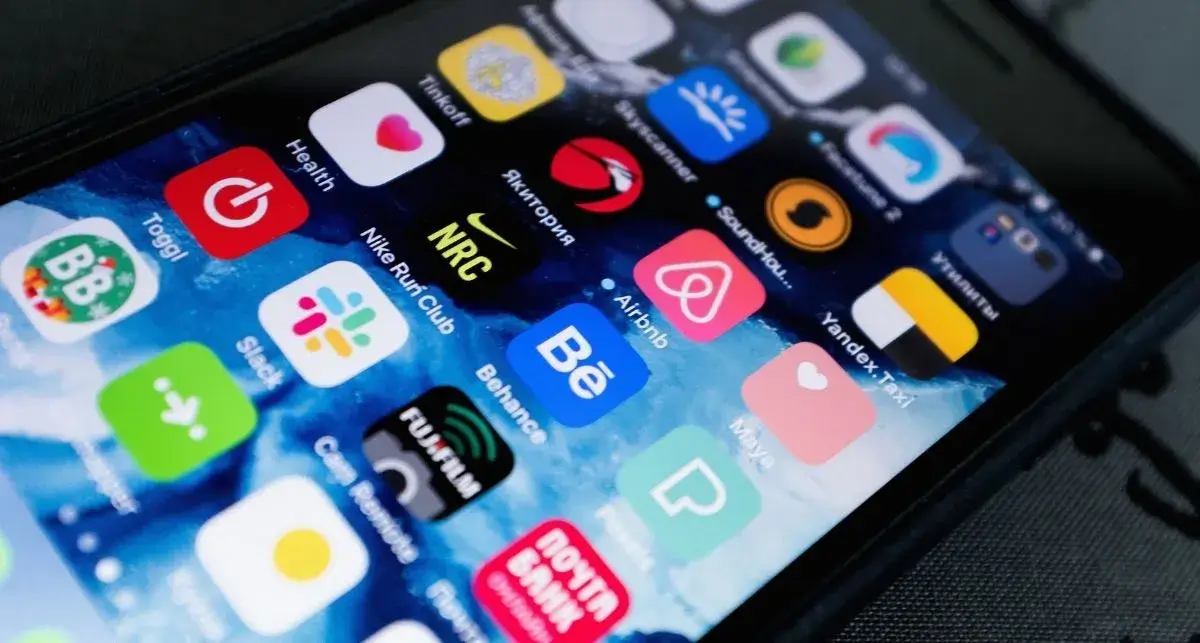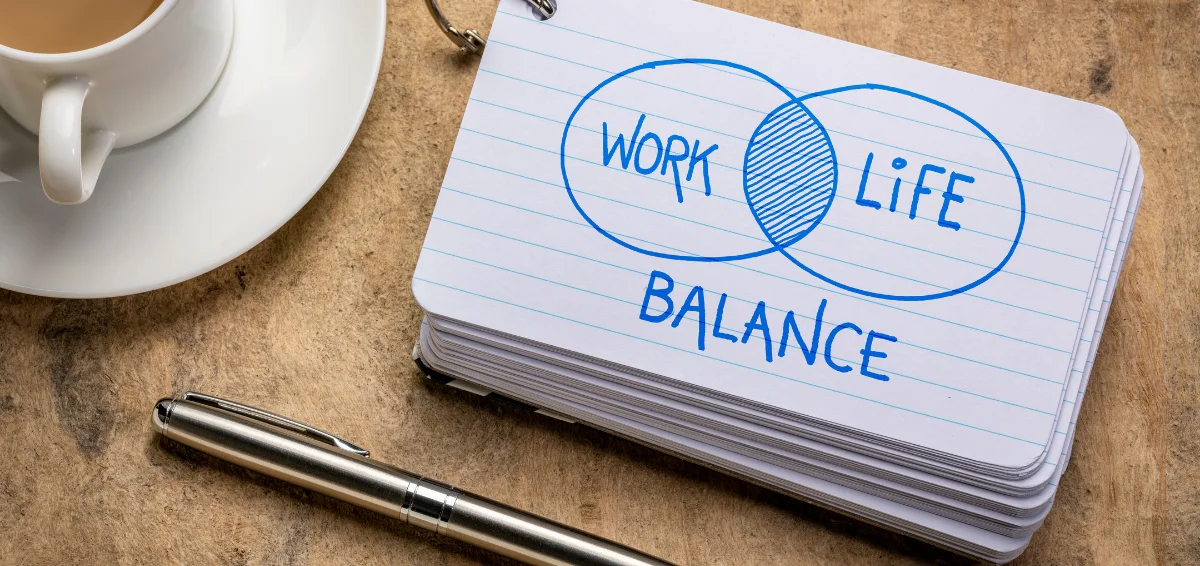
When it comes to meeting new people, whether it’s new colleagues, classmates, or even your interviewer, forming a good initial impression is key. If you are preparing for an interview, it is even more important to leave a lasting image of yourself in the mind of the interviewer. However, getting ready for one can seem nerve-wracking. At this time, all sorts of questions roam in our minds, making the process seem scarier than it is. But it is essential to ground yourself if you want to come across as a stand-out candidate. With a few effective strategies, you can improve your interview skills and increase your chances of getting hired. Continue to read this blog and this blog will guide you through How to prepare for an interview.
How to Prepare for an Interview?
Follow the below-mentioned tips to prepare for a job interview:
1. Research the Company

A job interview is a two-way street. Not only is the employer trying to find out about you, but you also should assess whether your skills will fit with this company or not. Remember, not researching about the company will put you in a disadvantaged situation. Understanding the organization and your role helps you get clear on the expectations that your interviewer might have for you. Thus, it reduces anxiety and demonstrates your dedication to getting hired. Here are some things to research about your prospective company.
- What does the organization do?
- What are the job duties expected from you?
- The company’s mission and values.
- What has the company been up to recently?
- The organization’s leaders
- If possible, learn about your interviewer.
Also Read: Highest Paying Jobs for Teens
2. Study Your Resume Well

An interviewer who is serious about finding the right candidate won’t ever take you at face value. They will ask you questions related to your resume, including what made you choose a particular career path. So, it is good to review your resume beforehand and ensure that you can explain everything presented there. Here are some useful tips.
- Review everything that you have put on your resume. You must be so thorough with it that you can tell about whatever is present, even without the resume before you.
- Explain how your past achievements will prove useful in fulfilling the current needs of the organization and your employer. This will put you across as a suitable candidate.
- Practice saying all of this in front of the mirror so you can say it confidently in front of the interviewer.
- At the same time, be aware of your weaknesses in your resume.
- You can approach your weaknesses if a specific interview question demands it. Hiding them will lower your credibility.
3. Prepare Answers to Common Interview Questions

One of the most effective ways to reduce your anxiety and increase your chances of having a successful interview is to prepare answers to common questions. To make this task easier, we have given you a brief overview of how to answer the 5 most common interview questions.
a. Tell Me About Yourself.
This is one of the first questions that almost every interviewer asks. To make yourself stand out, create a 1-minute pitch summarising your qualifications and interest in this job beforehand. Remember, you shouldn’t reiterate what the interviewer can already see from your resume. They want to know something different. So, devote no more than 20 seconds to your general qualifications and then come straight to your accomplishments and how you are a great fit for this organization.
b. Why are You Interested in This Role?
Remember our very first tip? Conducting thorough research about the company will help you answer this question well. This is because now you know exactly what the company needs. You can tailor your answer to highlight the company and the job aspects that appeal to you the most. Researching the company and showcasing your knowledge will also help show the interviewer that you are genuinely interested. End with a brief description of your qualifications and skills and how they make you suitable for the role.
c. What are Your Strengths and Weaknesses?
Through this question, the interviewer does not only want to hear your strengths but also your weaknesses. This helps them determine how self-aware you are. List out your strengths and how they will help you perform your job better. When it comes to weaknesses, be honest. However, do not leave it at that. Clearly mention the steps you are taking to improve them. It is a good idea to add that you see your weaknesses as opportunities for professional and self-growth.
d. Tell About a Time You Faced a Challenge and How You Resolved It.
By asking this question, the interviewer is trying to determine your problem-solving and decision-making skills. Choose an example from your past and follow the STAR method structure to answer the question. STAR stands for the situation, task, action, and result. Ensure that you describe in detail the action you took and how it helped resolve the challenge successfully.
4. Manage Your Body Language

As humans, we can communicate our feelings through our body language as well. So, if you are trying to sound confident and energetic but your body language says otherwise, the interviewer will pick it up. Needless to say, it won’t leave a good impression on them.
Pay attention to the following:
- Smile at the interviewer and greet them appropriately.
- Actively listen to what the interviewer asks.
- Silence your phone for the entire time you will be with the interviewer.
- Manage mannerisms. Fidgeting, biting nails, adjusting clothes, or playing with hair showcase that you are over-excited or nervous.
Read Also: Best Paying Jobs in Basic Industries
5. Prepare a List of Questions to Ask Your Interviewer

As mentioned at the beginning of this blog, a job interview is a two-way street. Although the interviewer’s questions are important, you also have the freedom to ask what you want regarding the job and the company. Doing so always acts in your favor. It makes the interviewer think that you have critically thought about being in this role. Here is a list of different questions that you can ask about the position, your success in it, the company, and the next steps.
- How does the company measure the success of the employee in this position?
- What are some challenges that people in this position commonly face?
- Can you describe a typical day on the job?
- How long has the previous employee been in this position?
- What are the expectations regarding my achievements (if hired) in the first six months?
- Can you tell me what the successful employees in this role did differently than others?
- How is the company culture here? What type of people tend to thrive here?
- What do you like about this company?
6. Relax
While in an interview, we tend to think that our world revolves around nailing or performing poorly. However, that is not the truth. It is something that our mind makes up. Think about it. The earth won’t shatter if you do not perform well. On the contrary, you will soon find another interview where you can learn from your mistakes here and perform better. Undoubtedly, interviews can make anyone anxious. But the more you focus on it, the worse it will get. Remember, you can come across as a confident and valuable candidate only when you are relaxed. So, take a deep breath and try your best to remain calm.
Summing Up
To have a successful interview, it is necessary to research the company and the job. At the same time, you should be very clear about why you want this particular role and how your resume adds up to it. Follow the tips mentioned in the blog before any interview. It will help you showcase yourself as a suitable candidate and increase your chances of getting hired.









